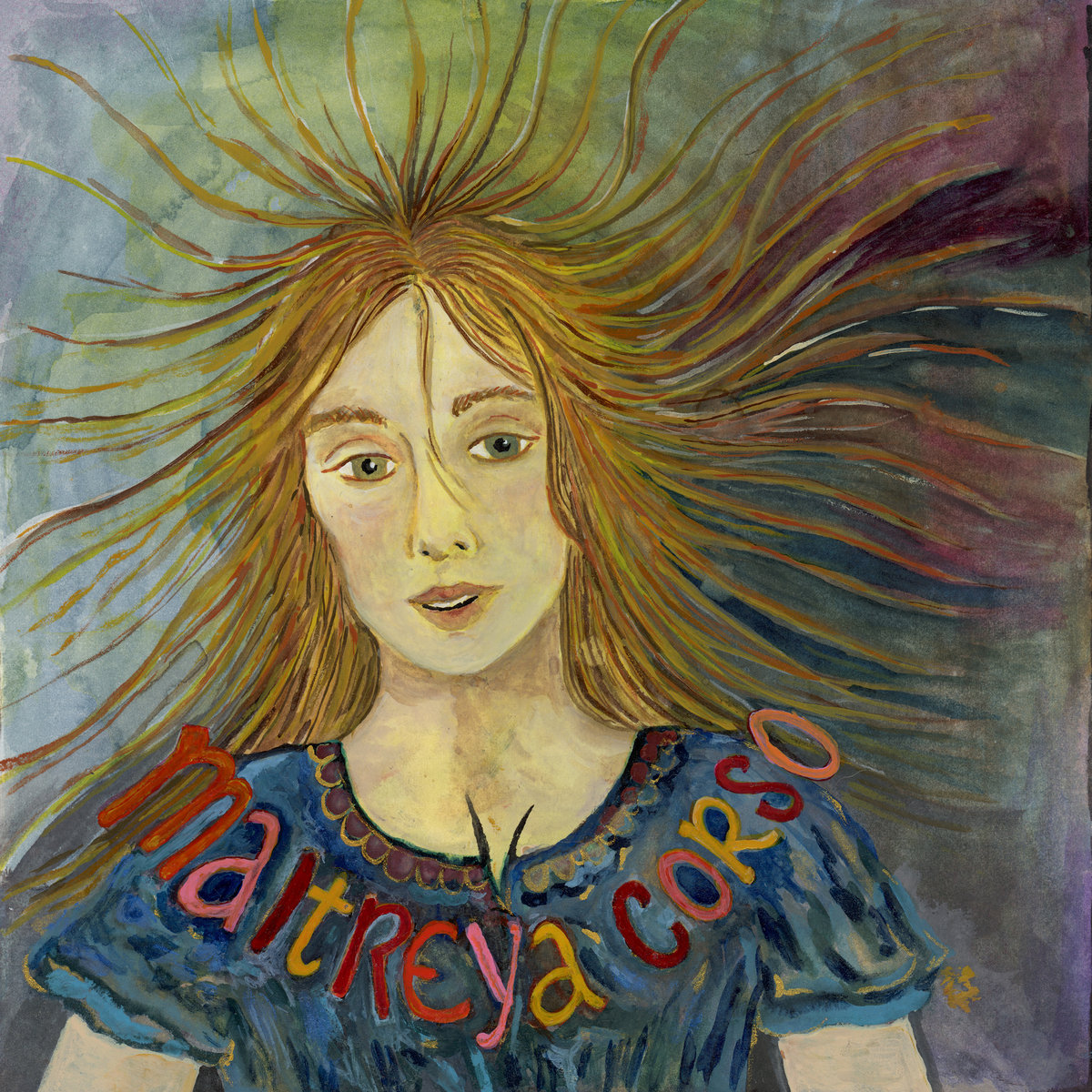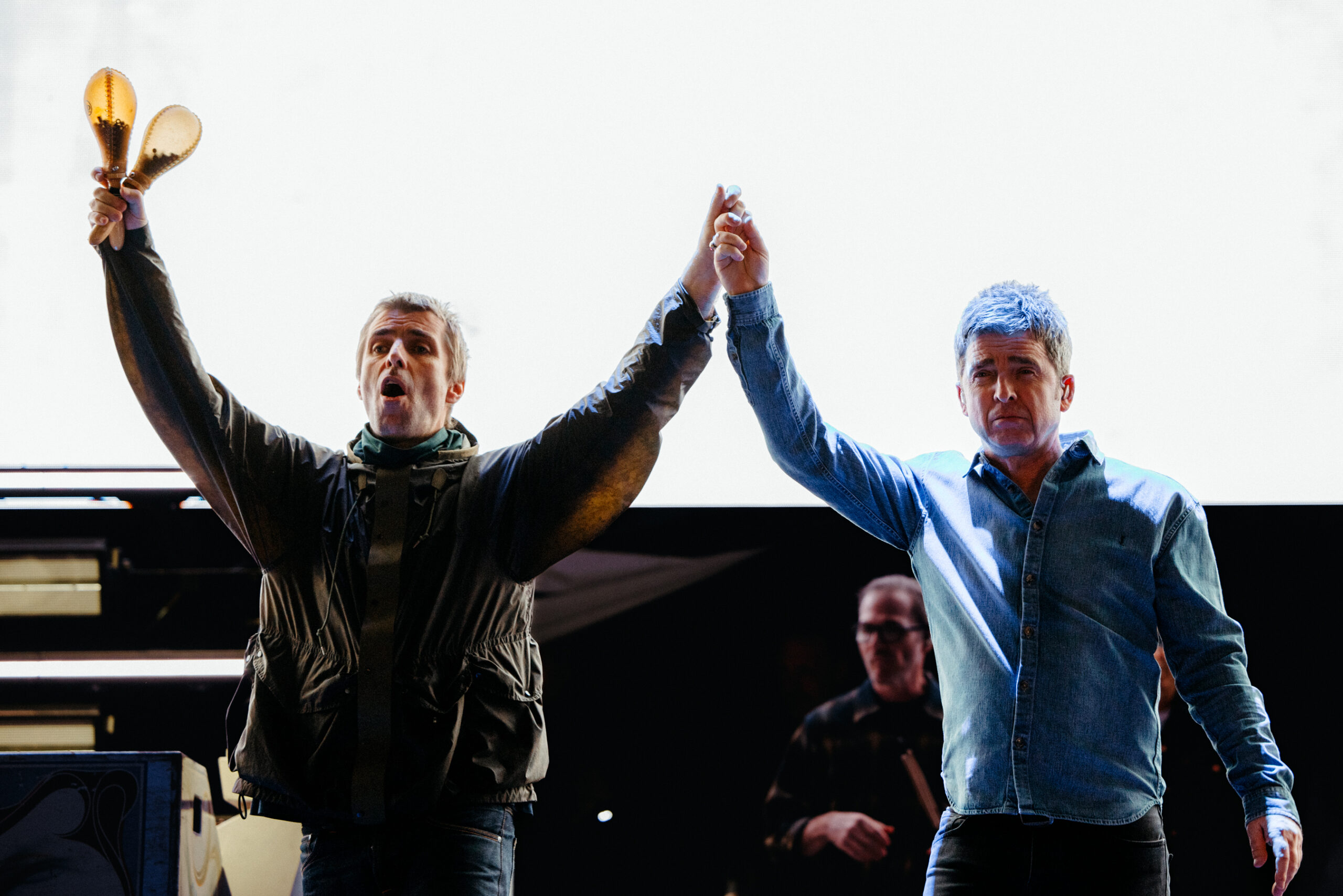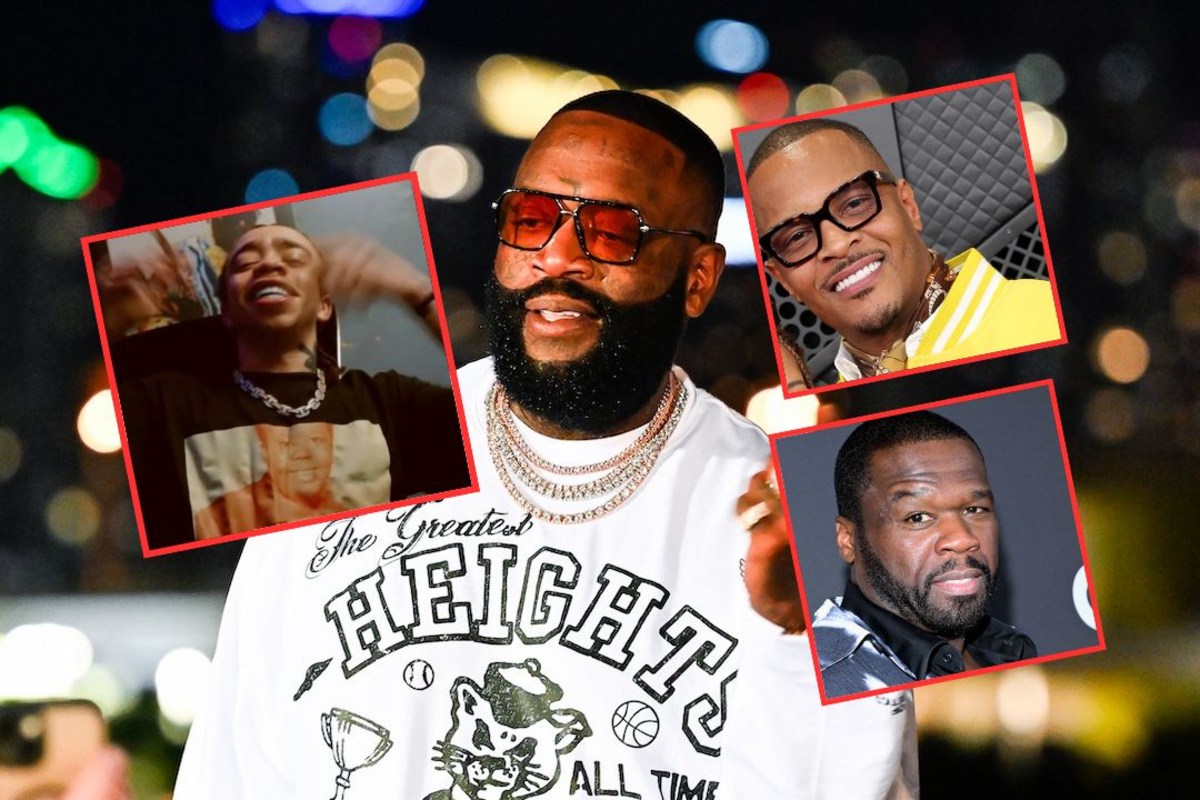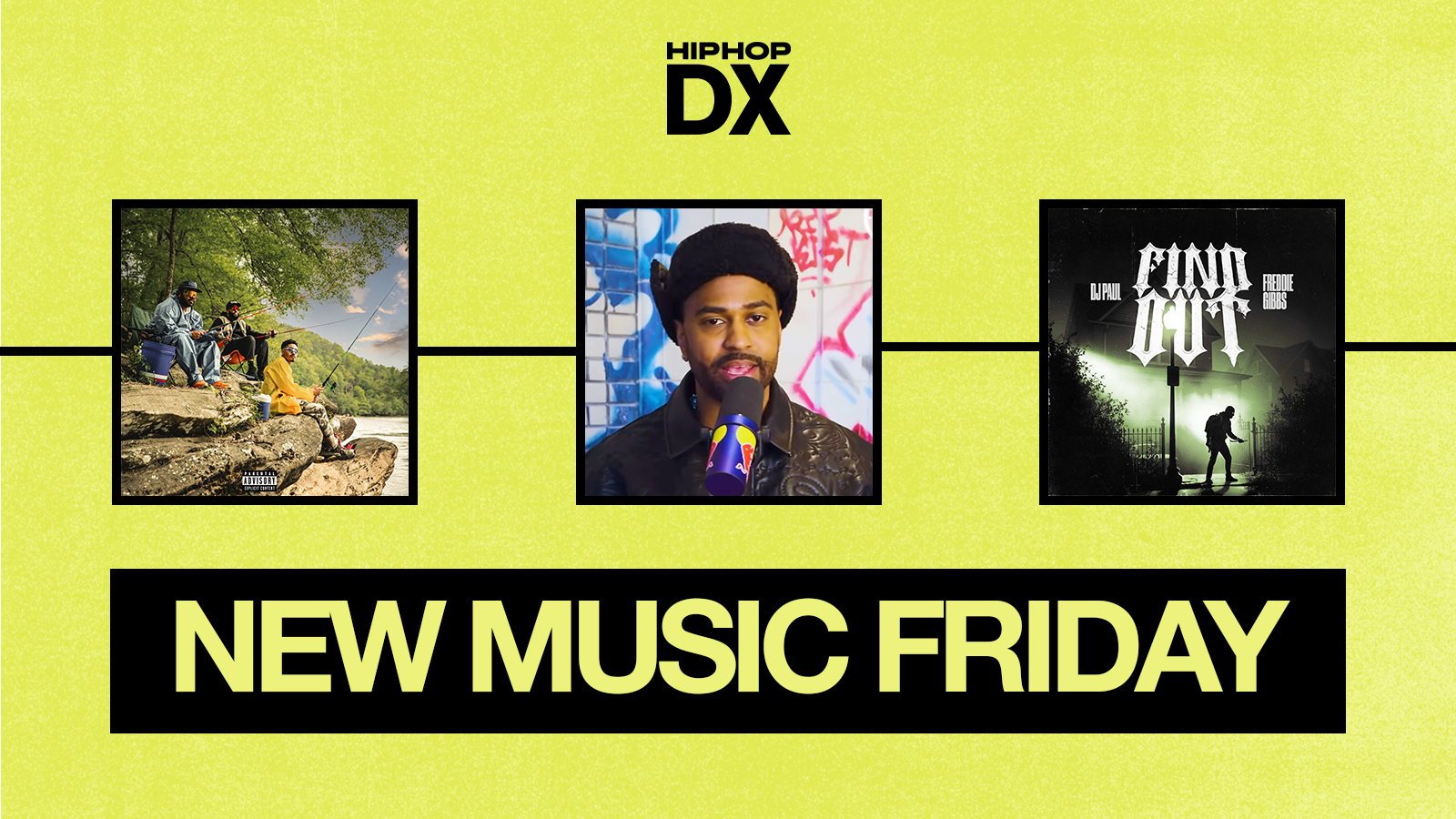Nilüfer Yanya appears in our Fall 2024 Issue with cover stars Slipknot, Destroy Boys, Pierce the Veil, and beabadoobee. Head to the AP Shop to grab a copy.
Nilüfer Yanya’s first memories of music were the songs she sang to herself as a child. Before she was touring with King Krule, or landing two Pitchfork Best New Albums, she was, like many of us, humming to herself on the playground, daydreaming in the backseat of her parents’ car, and forming fuzzy memories of the resonant feelings and honeyed melodies that became her calling card. “It’s a song you just pick up on like you pick up languages anyway,” she explains.
It’s those instincts that set the course of her early career. Reaching through R&B, jazz, and indie, she maintained a raw, confessional lyricism and a rough-around-the-edges production style that seemed to rouse memories from the rafters. There has always been a presence to Yanya’s songwriting — the richness of her internal world pierces through with precision in Miss Universe and PAINLESS to deliver heartwrenching tales of a heartsick songwriter, a lonely poet, a scorned lover — all parts Yanya has played.
Read more: beabadoobee is slipping into the future
My Method Actor unearths the characters Yanya has formed throughout her life and her performances of them in her music. Encouraged by her two artist parents, Yanya took up piano at an early age, moving to guitar at age 12 and attending music school. But her creative process has remained instinctual and embodied, building off the foundations of her training. Approaching each song anew, she waits for emotion to surface from its structure and pieces together imagistic lyrics like rocks collected by a curious child on the shore of a beach.

Half-shy of its power, My Method Actor is a wave that never crashes, sandy with swells of distortion that almost sweep you undertow. Yanya tucks safely into familiar melodies as she explores the uncharted crevices of herself. Continuing her collaboration with producer Wilma Archer, Yanya stepped back from the driver’s seat to focus on songwriting, while Archer moves through textured rock and stretched pop song structures. With songs like “Ready for Sun (touch)” and “Just A Western,” Yanya incorporates a Western twang into her ever-evolving sound. My Method Actor recalls desert imagery, wide open landscapes, and the elements of Yanya’s creative practice that oscillate between mirage and mirror.
“The thing behind [method acting] is you’re stepping into the character’s shoes, using your own experiences, dredging up your own memories,” she says. “You’re doing it to the point where you’re no longer acting. You’re just being the character — you’re reacting as the character. It’s a really genuine, authentic performance in the end. And that feels a lot like my relationship with music writing.”
It’s a telling narrative for the musician whose songwriting has transported listeners into the throes of heartbreak, errant yearning, and defiant desire. Now, My Method Actor depicts the spaces between the action and the shadow cast behind the spotlight. Passing between emotional landscapes, Yanya shifts in and out of first- and third-person and surrenders control. No longer an emerging musician with something to prove, on My Method Actor, Yanya answers only to herself.
Are there any questions that you’ve been mulling over in your head? Or that you felt this album was an attempt to answer?
I don’t know where I came up with this — at the end or at the beginning — but I realized I kept coming back to this thing about desire and this burning energy at the heart of the album. It felt like that was pushing all the songs to happen, and I started thinking about it as a creative fuel, and I started wondering, “Where does it come from?” Because I don’t know when it started, or sometimes you feel like it’s dying, and sometimes it stops, but it’s always there, that desire to make music, to create, to write something. That’s the question that’s a bit more open on this album: “What is that thing that makes me want to make music, and without it, I don’t really know who I am.”
It’s interesting. There is that drive and sense of travel on this album — through emotions and different sonic palettes — what were some of the impulses you chose to follow?
It’s interesting, because the way I made this record, me and Will [Archer] made this record together, and we made the last record together, but not fully, so that one feels a lot like a blueprint for this album. It feels like a lot of the places we tried to go to the first time but getting a little bit closer this time around. I think that just comes through writing more, making more music, and making more choices. I feel like we moved into the rock thing more and a bit more of the unusual electronic thing as well, and then we added things like strings and the other sides of music, which I definitely didn’t have at all on my first record, and then we played with it a little bit on PAINLESS, but for this album, we really went there and recorded the strings. I feel like it’s just a bit more in-depth ideas we’ve had before.
What were some of the ideas you wanted to explore?
The main idea we had was that we were going to work on it, just us two, and not really share anything until we had to and just really trust each other, and that was a big idea. We were already heading in that direction. It’s just intensified — we’re doing the same things that we did on the last album, but I was really just focusing on the songwriting. Will made the music, and then I was doing melody and lyrics, and that was kind of the way we worked, so I didn’t see that coming. I never thought I would share that much music-making responsibility with someone else.
What’s the significance of the title?
[My Method Actor] was just a lyric. I had it first for the song, and then when I had to name the album, My Method Actor sounded good and made sense, because the way I write songs, and perform, is like method acting. The thing behind it is that you’re really stepping into the character’s shoes, using your own experiences, dredging up your own memories.

What were some of the memories you pulled from on this?
Well, it’s hard to think of, but on “Ready for Sun (touch),” I remember that one was written closer to the end. I thought of a lot of the lyrics in the studio and had a sketch of the idea, but most of the lyrics I wrote just before I recorded them. That one’s talking about my shadow. I always thought of it as stepping into the sun, ready to not be in the shade and feel the sun and feel things and feel like it’s safe enough to do that. That’s how I transcribed the lyrics.
I read an article where you talked about your Fender Strat, and moving to a Gibson SG and more into the rock sound. Is that what you used on My Method Actor?
There was a lot of Gibson SG on this album. I got inspired to go get one to play with for shows and everything. It feels a lot easier to play actually, and I’m just like, “Where’s this been all my life?” But I think it was just ingrained in my head as the School of Rock guitar, so it took me a while to get past the Jack Black imagery, but now I absolutely love it. But I’m not really a guitar nerd. I love guitars, but I usually just find one that I’m happy with, and I don’t need to change up.
I felt like you also moved into more raw, resonant, or distorted sounds on this record.
I think it’s an organic kind of sound. It’s like the sounds of the world and the sounds of, not even necessarily machines, but sounds that are present and part of things and part of our worlds. Really, when I was younger, [I used to have these] horrible nightmares. The voice goes from quiet [to] really loud really fast and freaked me out. And I feel like there are deep, dark times that you almost don’t enjoy hearing.
What were some of the memories you unearthed or revisited on this album?
I was picking up on a lot of things about memory, and people being made out of memories, and that kind of leads against them, affecting pain, like our relationship with our memories. I was thinking of method acting in terms of the stage, like theater, and there’s a lot to do [with songwriting] as well. I connect with the idea of my shadow self, like being the person who’s driving the musical idea, and that’s also the side of me that I probably would never show to anybody if I wasn’t making music.







